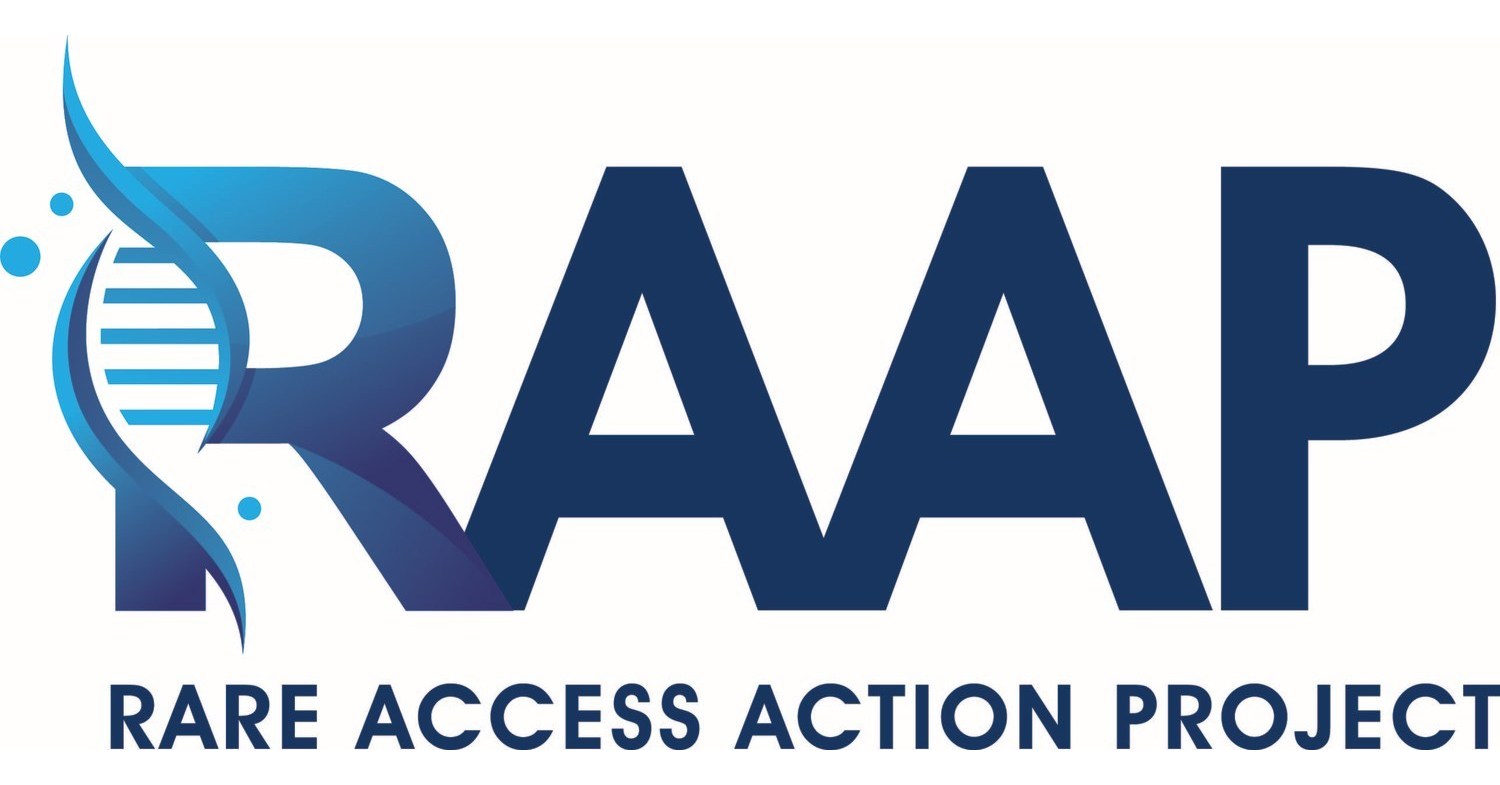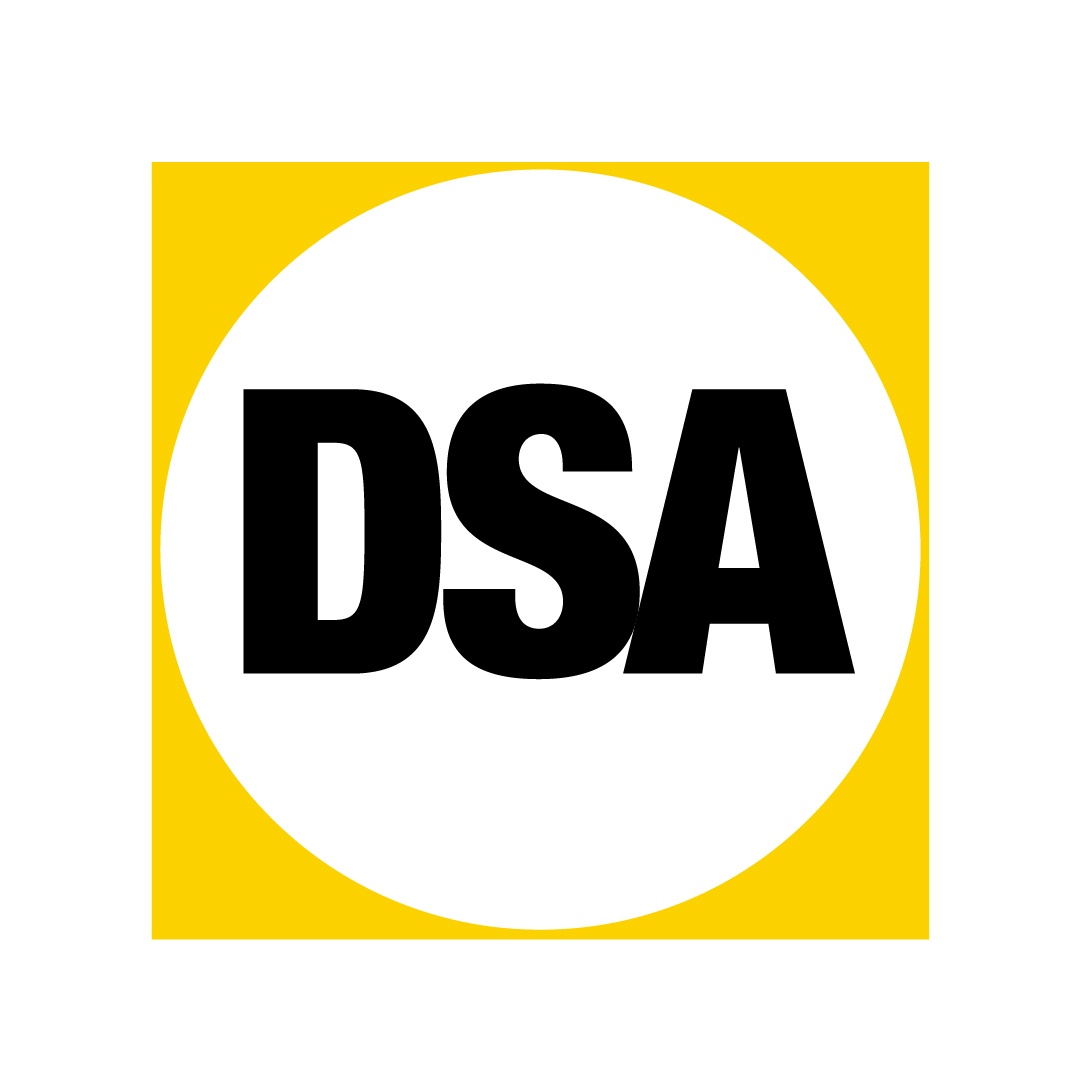RAAP: Don't Punish Progress: Restoring Innovation for Rare Disease Patients Isn't a "Cost," It's a Moral Imperative
10 hours ago
By Mike EgingExecutive Director, Rare Action Access Project (RAAP)
WASHINGTON, Nov. 11, 2025 /PRNewswire/ -- There are times when the often unfairly criticized Congressional Budget Office (CBO) gets in its own way in preserving its credibility. The CBO shot itself in the foot with the revision estimating that the One Big Beautiful Bill Act's (OBBA) orphan drug provision will increase federal spending by $8.8 billion over the next decade has triggered a predictable round of outrage. Critics frame the increase as a "Trojan horse" that undermines efforts to lower drug prices. But that argument misses the point entirely. What the CBO calls an increase in "federal spending" is, in reality, an investment in restoring hope and innovation for our most vulnerable patients suffering from devastating rare diseases.
The Problem with a Cost-Only Lens
For too long, the debate over rare disease therapies has been distorted by a fixation on price rather than purpose. Rare disease patients - by definition - live with conditions so uncommon that traditional market incentives often fail to attract the investment necessary to develop treatments. With over 10,000 rare diseases, only about 5 percent have an FDA approved therapy. Congress wisely recognized this market failure decades ago with passage of the Orphan Drug Act, which spurred a wave of breakthroughs that would never have existed otherwise.
When Medicare's negotiation authority under the Inflation Reduction Act (IRA) was created, it unintentionally threatened to unravel this progress. The rigid cost-containment framework ignored the economic and scientific realities of orphan drug development. It treated every medicine as if it served a mass-market population, penalizing innovation precisely in the areas where patients have no alternatives. The exemption for orphan drugs wasn't a "loophole" — it was a lifeline. And OBBA's correction simply restores that lifeline to ensure innovation continues for those most in need.
Serving Rare Patients Is Not Exploitation
The narrative that companies are "gaming the system" by developing multiple rare disease indications for the same drug is misleading. In reality, these therapies are reaching different patient populations with distinct conditions — often after years of additional research, investment, and clinical testing. Labeling that effort as exploitation ignores the humanitarian and scientific impact of bringing relief to multiple rare disease communities.
If a therapy helps one group of patients with a rare cancer and later is proven to help another group with a different rare immune disorder, that's not profiteering — that's progress. Policies that punish that kind of innovation will only ensure fewer breakthroughs in the future.
A Correction, Not a Giveaway
Restoring the orphan drug exemption doesn't "cost" the government $8.8 billion; it prevents the premature erosion of incentives that make these therapies possible in the first place. The CBO's new estimate reflects not wasteful spending, but the ongoing availability of life-saving treatments for patients who otherwise would have none.
Critics in Congress should remember that every so-called "cost" in this estimate represents a patient who will continue to have access to a therapy that keeps them alive, mobile, and functioning. In federal budget terms, it's a rounding error. In human terms, it's everything.
RAAP, the Rare Access Action Project , is a coalition of patient and life sciences stakeholders that explore creative policy solutions to address structural issues in access and coverage. Our priority is to help ensure rare disease patients have access to the care and treatments they need. RAAP is a registered 501 c4 non-profit organization.
SOURCE Rare Access Action Project (RAAP)
...Read the fullstory
It's better on the More. News app
✅ It’s fast
✅ It’s easy to use
✅ It’s free








.png)
